 Research Update
Research Update
18
AprilOn the morning of April 12, 2018, the Roundtable Forum on Think Tank Development and Public Opinion Communication for a New Era was held at National Academy of Development and Strategy (NADS), Renmin University of China (RUC) to deepen discussion and exchange on two major topics to the effect of challenges and opportunities facing the development of Chinese think tanks in the new era and how they work to disseminate public opinion effectively and serve the national development strategy. The Forum brought together close to 20 experts and scholars from think tanks, the academia and the press and media, including Chinese Academy of Social Sciences (CASS), Counsellors’ Office of the State Council, Chinese Academy of Military Sciences, Xinhua News Agency, Qiushi Magazine, Tsinghua University, China International Publishing Group, China Daily, China Internet Information Center (China.org.cn) and Guangming Online.
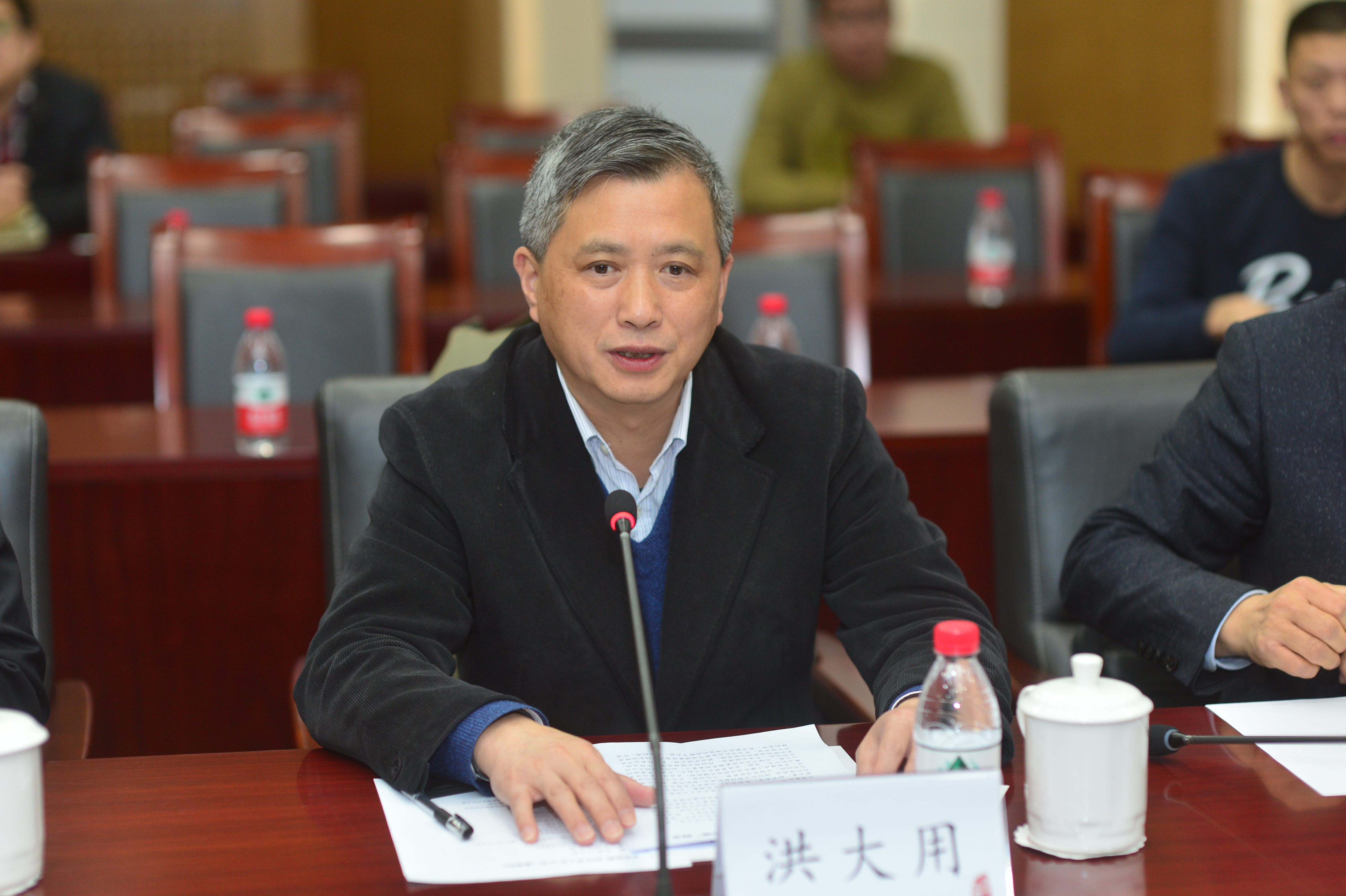
Hong Dayong, vice president of Renmin University of China, pointed out in his welcoming remarks that the world today is undergoing profound development, major changes and adjustments: the international pattern has been further adjusted and the global governance order leaves room for urgent improvement and the international community is looking forward to new concepts, ideas and schemes. In the face of global uncertainties, its major challenges and opportunities facing China think tanks in its development currently including how, to sum up Chinese experience, deepen Chinese theory, explain Chinese practice and put forward some new ideas and schemes for improving global governance by using more abundant wisdom. The capability of innovative thinking and influence of public opinion are NADS's two core competitive forces. In the new era, NADS will continue to take as guidance Xi Jinping Thought on Socialism with Chinese characteristics, give priority to innovative thinking and the global future, and devote itself to developing into a new-typed internationally influential think tank with Chinese characteristics.
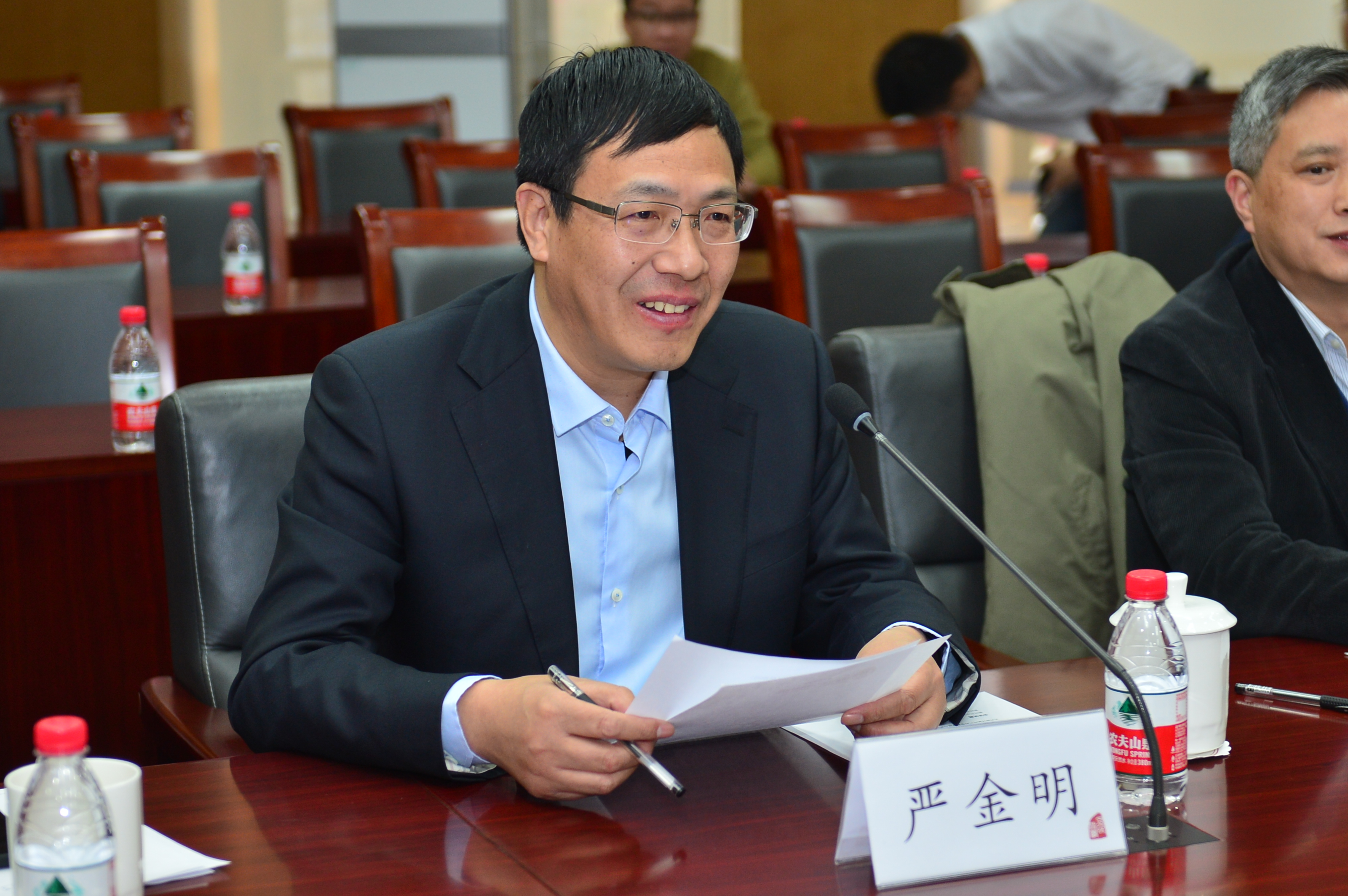
Yan Jinming, director of the Research Office, RUC, expressed that as a national high-end think tank, NADS is conducting a range of innovative reforms and attempts in its management system and operation model, striving to embody features, highlight priorities, and emphasize innovative thinking capabilities, adhering to being problem-oriented, serving national interests and social development, and actively promoting the construction of a new-typed think tank with Chinese characteristics to a new height in a new era.
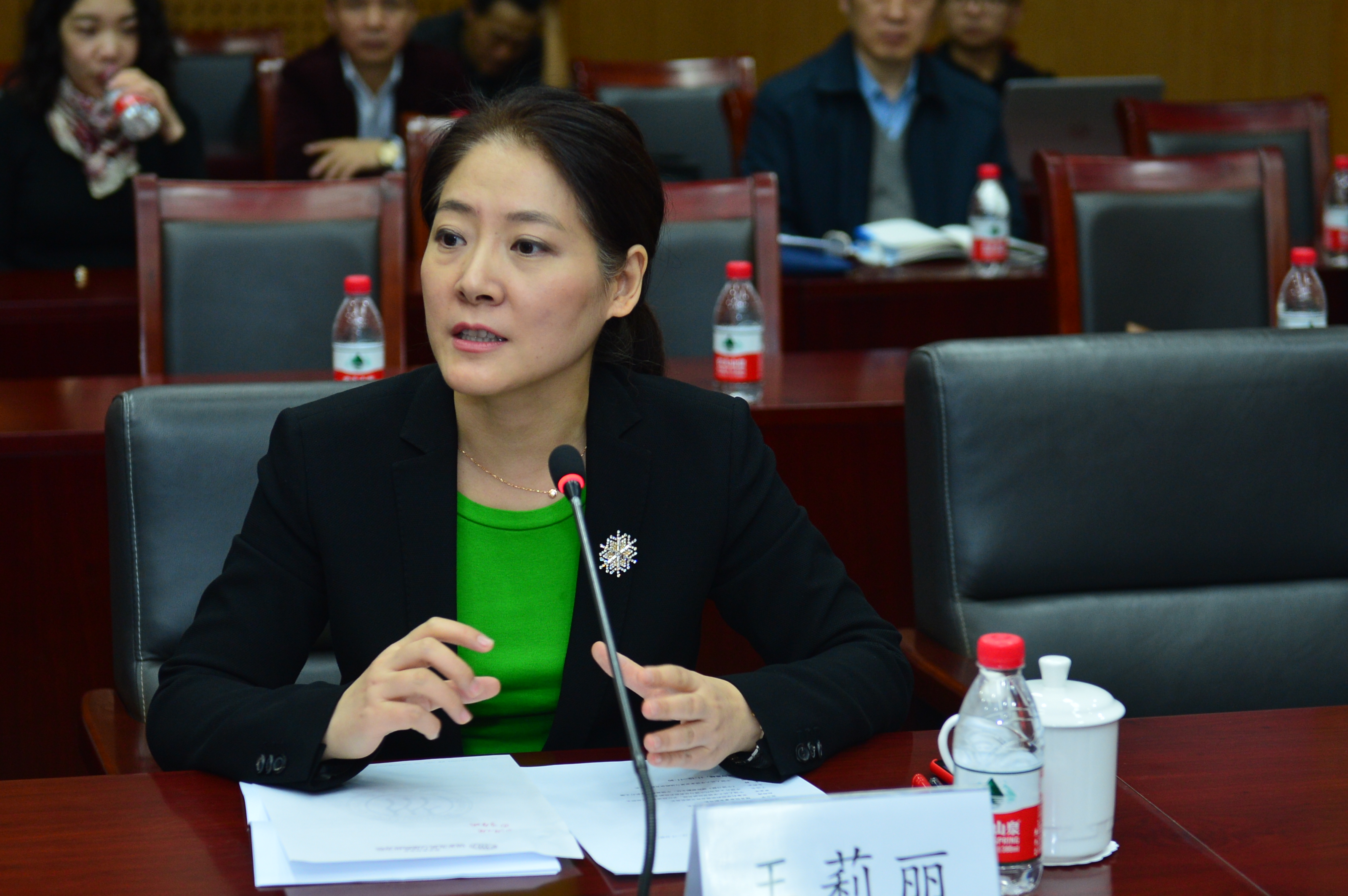
Wang Lili, deputy head of NADS, presided over the conference and pointed out that with regard to the current development of Chinese think tanks, it's a golden age for think tank development and innovative thinking whether in the political climate, public opinion environment, human resources, capital security or social needs. Looking into the new era and embarking on a new journey, the development of China's think tanks will face tremendous growth space and development needs. We must persist in making progress while securing stable development, make proactive moves, channel full efforts writing a new chapter in building think tanks with Chinese characteristics, and make due contributions to realizing the Chinese dream of the great rejuvenation of the Chinese nation.
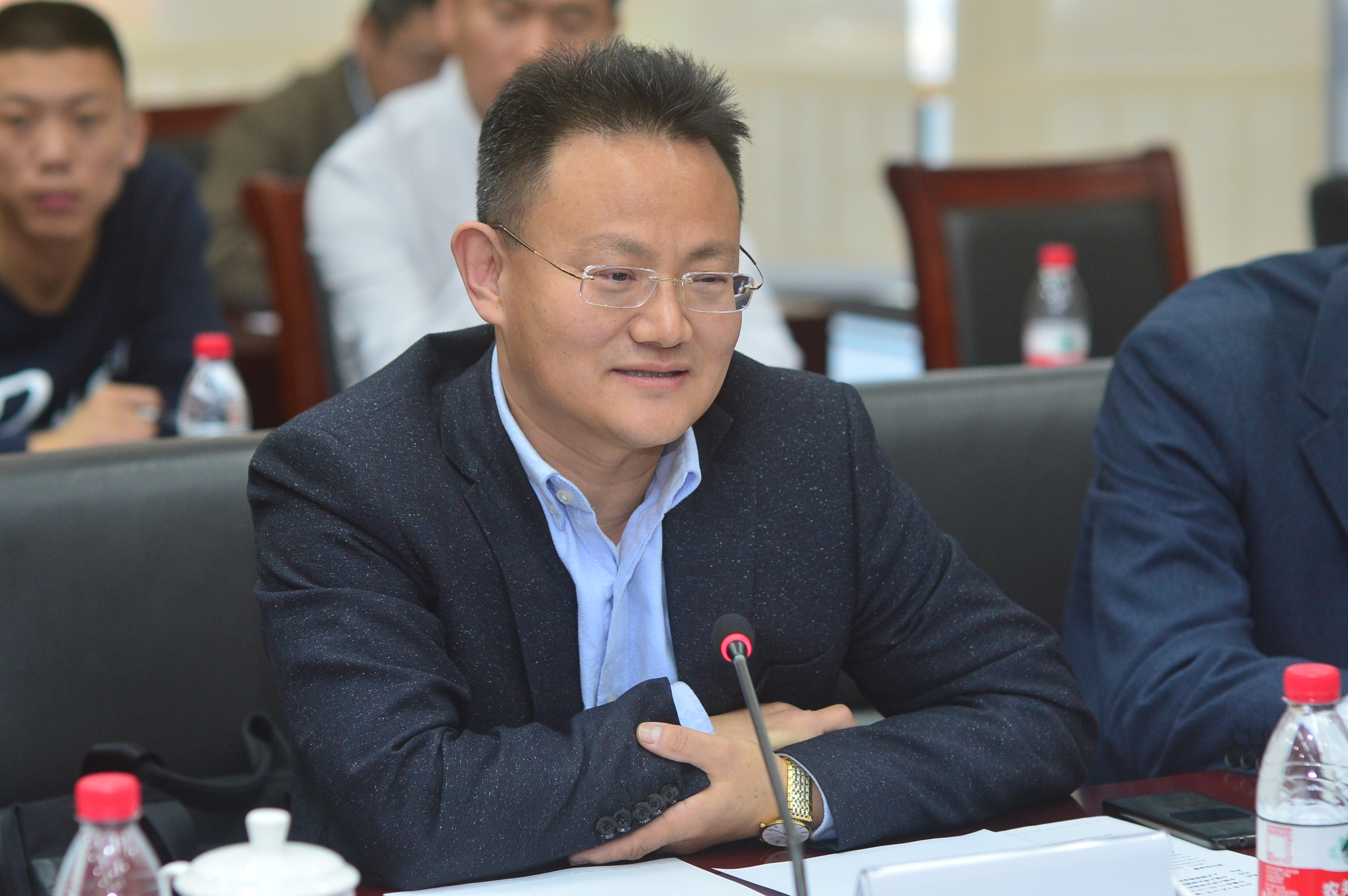
As was pointed out by Zhang Shuhua, head of CASS Institute of Information Studies, the development of China's think tanks has ushered in its spring, which is needed by the nation, greatly valued by the leadership and is yearned for by people. Chinese characteristics, trustworthiness, reliability and usefulness are the goal and orientation of the development of Chinese think tanks. At present, the development of China's think tanks still faces challenges from many aspects: quality of think tank products needs to be improved, research on the law of think tank building is to be deepened, and the ability of think tanks to communicate abroad needs enhancement.
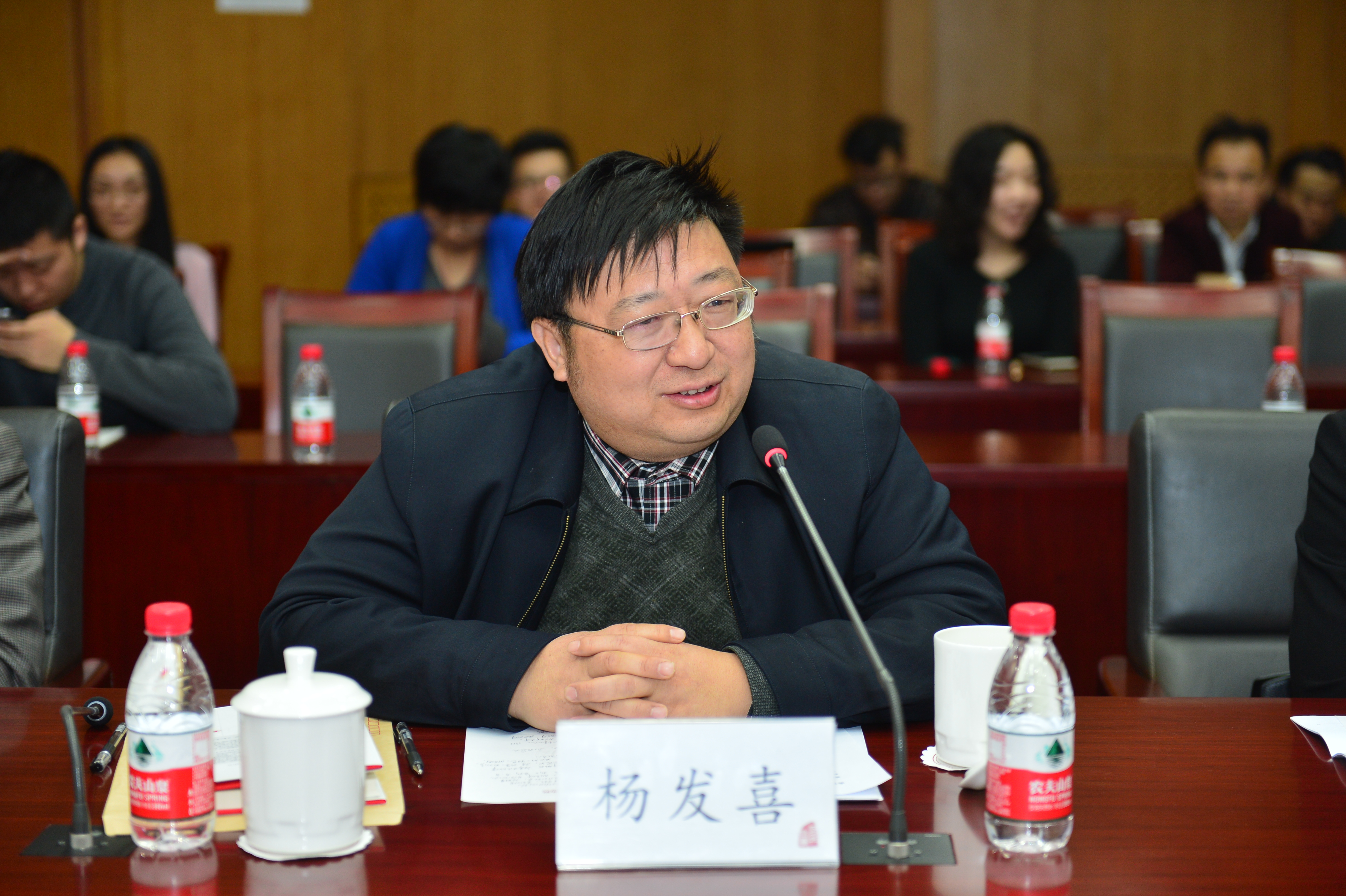
Yang Faxi, director of the International Department of Qiushi Magazine, noted that China is experiencing rapid development and all sorts of difficulties and challenges ahead require ideological support from think tanks. The construction of state-level high-end think tanks should take history as a mirror, accumulate profound knowledge for future use, and pay attention to genuine knowledge. It is necessary to take as guideline Xi Jinping thought on building think tanks with Chinese characteristics and to uphold theoretical self-confidence and institutional self-confidence.
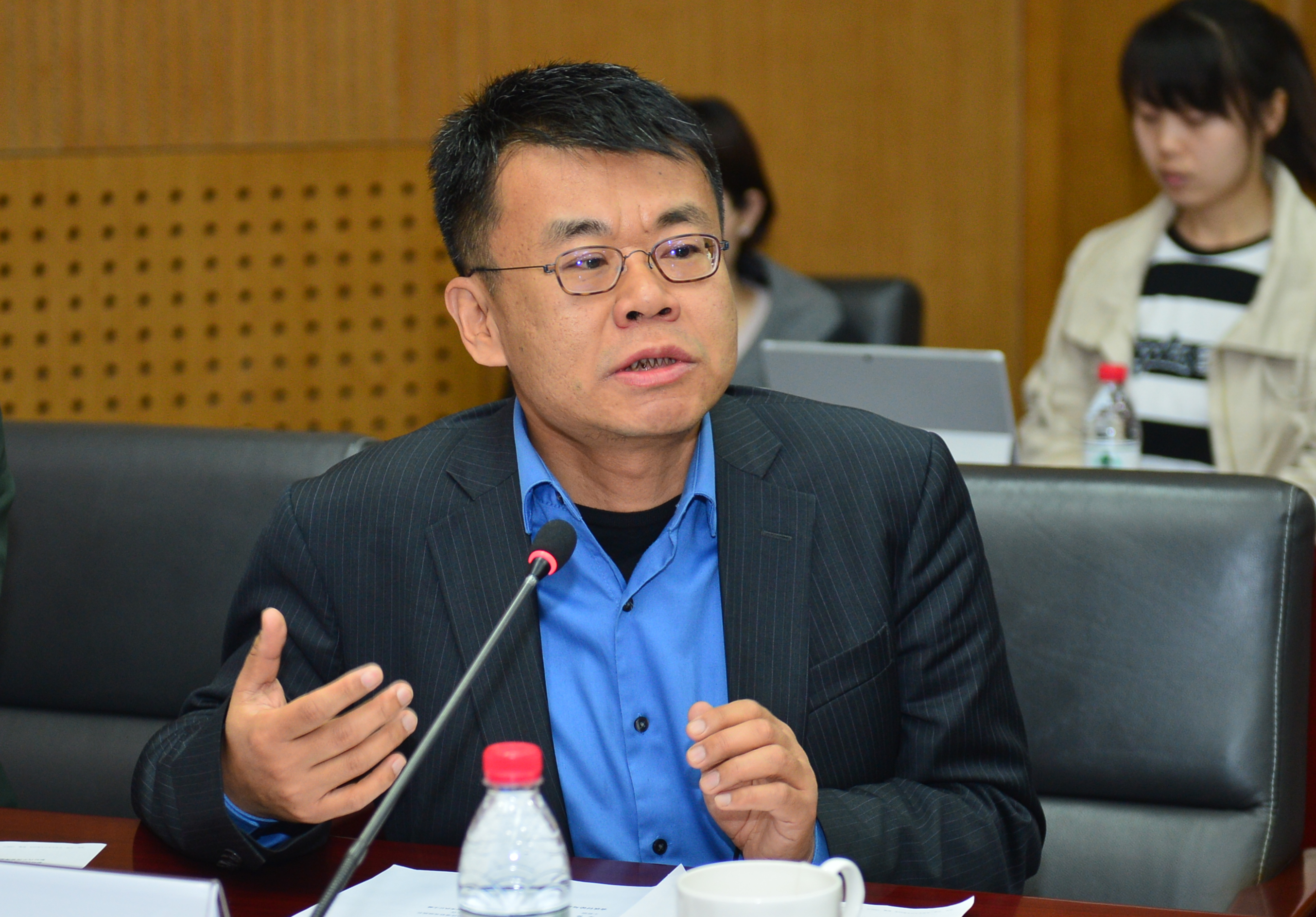
Shi Anbin, deputy dean of School of Journalism and Communication, Tsinghua University, pointed out that China’s think tanks have skyrocketed in international ranking, but the concept of communication is yet to be further strengthened. Only by forming a constructive interactive relationship between the think tank and the media can we solve the so-called "last mile of idea dissemination." The three public opinion fields, say the government, think tanks, and people should be differentiated and effectively echoed.
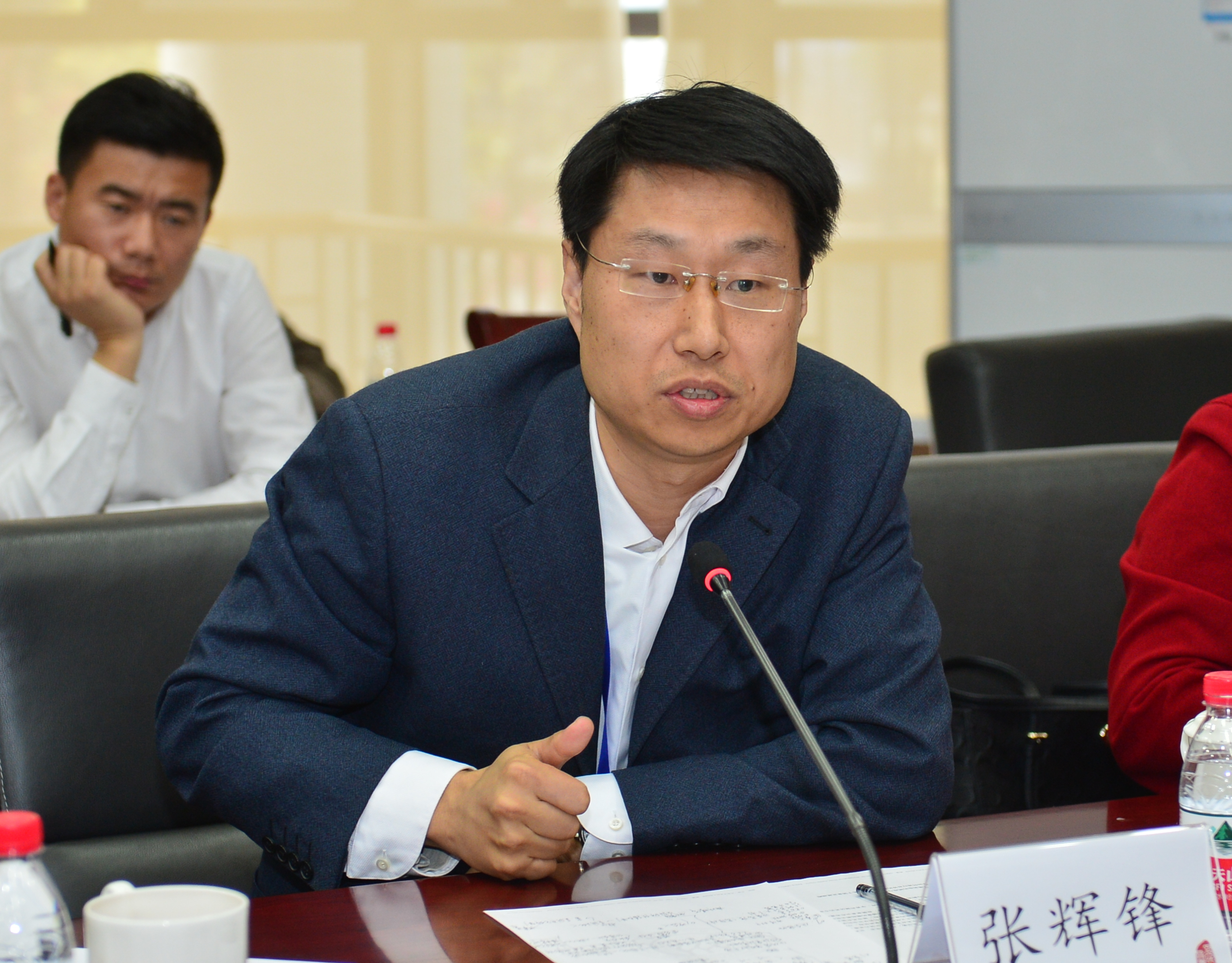
Zhang Huifeng, deputy dean of School of Journalism, RUC, believes that the public opinion dissemination of think tanks must follow the law of communication and dissemination of ideas need to be carried out on the basis of strategic planning. Attention should be paid to the study on communication effects and impacts of new media on dissemination of think tanks. The stronger credibility the communication subject has and the higher recognition is, the clearer the target audience, the more effective the dissemination model, and the ideal dissemination effects will be.
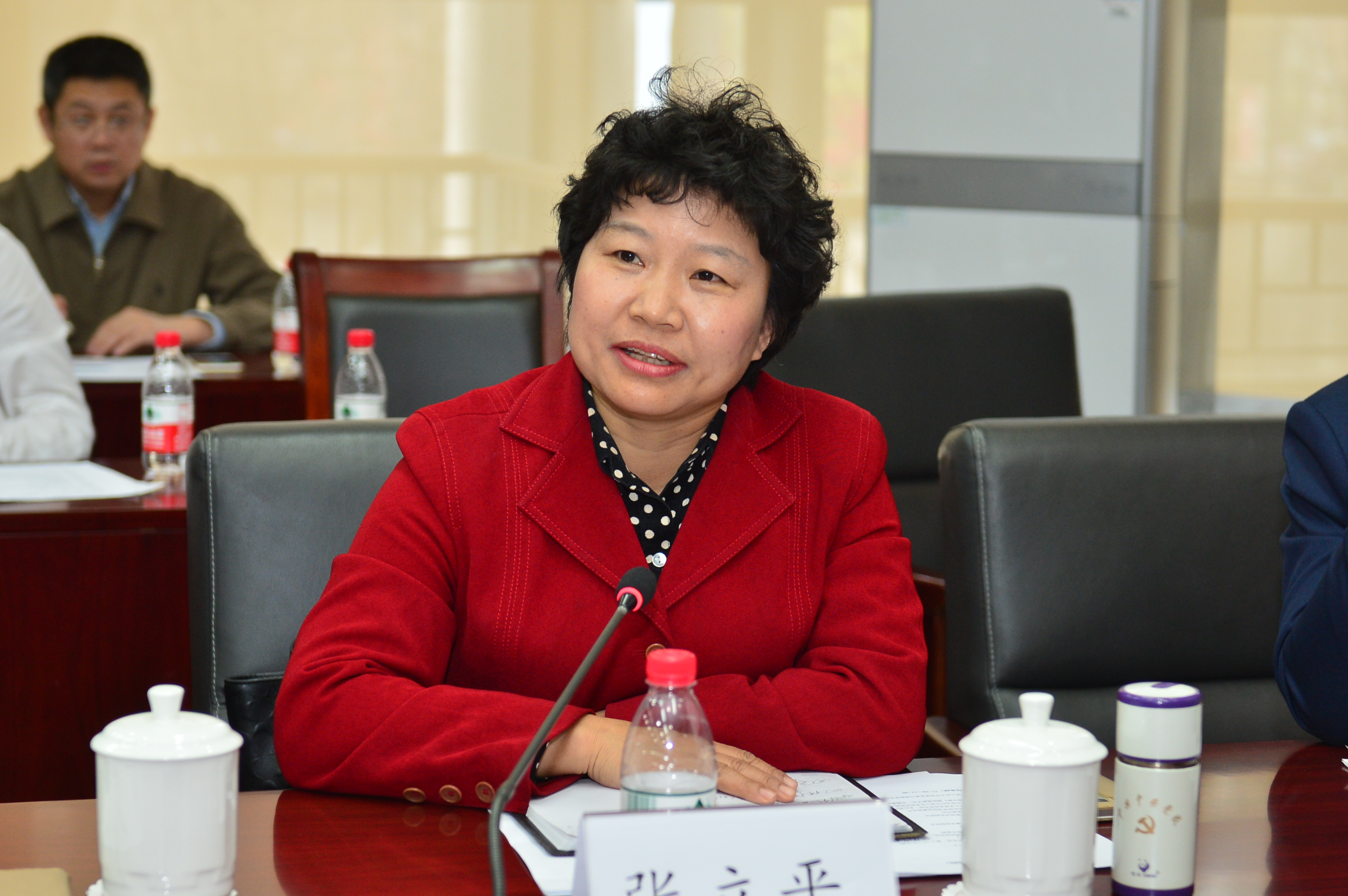
Zhang Liping, deputy director of Counsellors’ Office of the State Department, pointed out that to develop China’s think tanks in the new era, we should bear firmly in mind our original intention and mission, and that is, identifying science for decision-making, seeking happiness for the nation, and pursuing prosperity for the country. Currently, the main contradiction in developing China’s think tanks is that between policymakers’ growing demand for high-quality think tank products and inadequate and unbalanced supply of think tanks in China. Given this, the development of China’s think tanks needs further reform and opening up, on both supply and demand sides. The development of China’s think tanks focuses on answering two major issues. One is to study how China surpasses the middle-income trap and the other is how to cross the Thucydides trap.
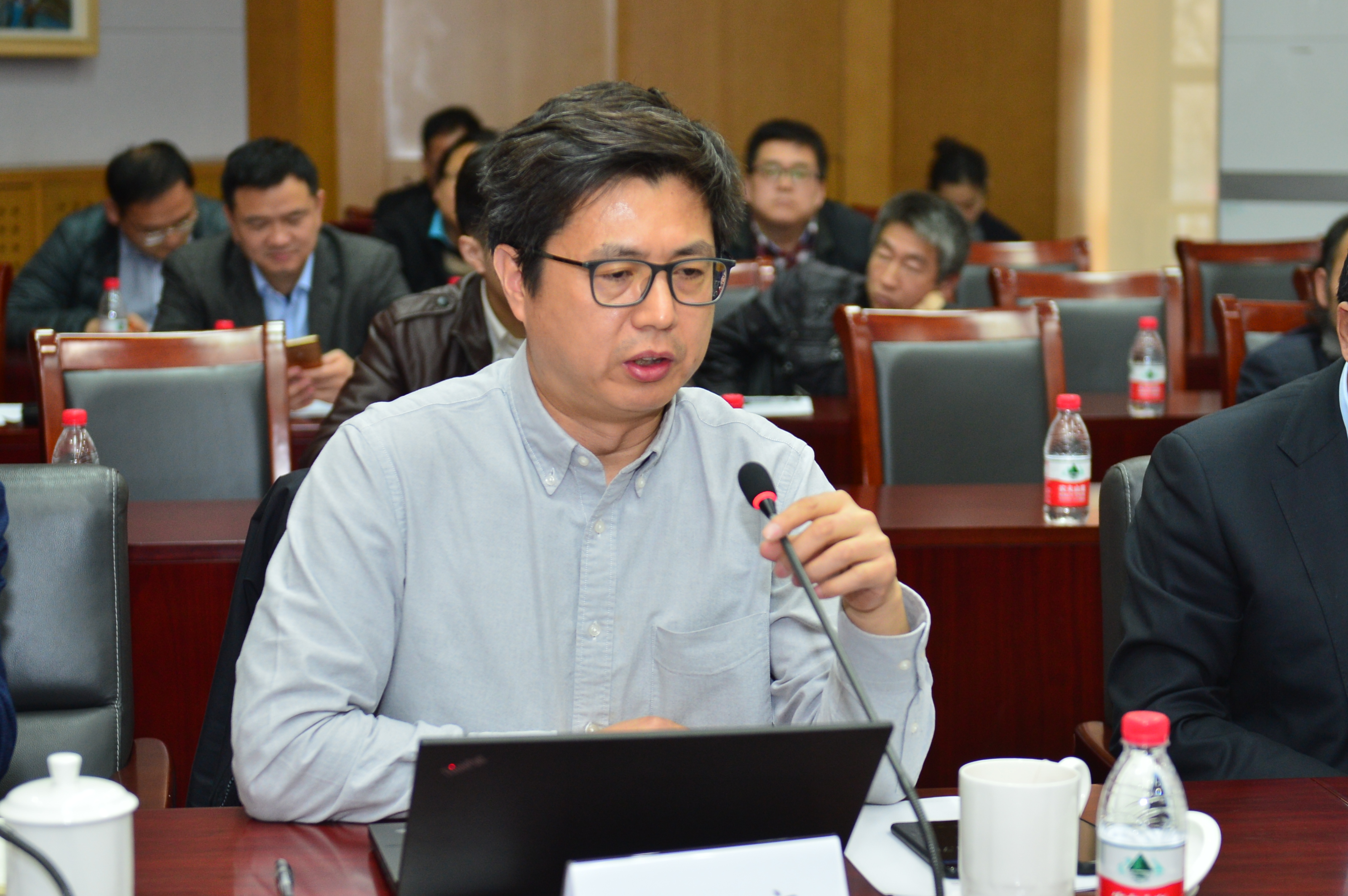
Wu Liang, president of Liaowang Institute of Xinhua News Agency, holds that with the continuous development of information dissemination technology, dissemination is no longer vertical but flat. The application of new technologies is increasingly evident for the peer-to-peer arrival, it’s true of artificial intelligence for the intervention of dissemination. Therefore, our media agencies, think tanks and management departments should follow the trend, fully recognize such trend, make proactive adjustments and responses and propose targeted intervention models and implementation plans.
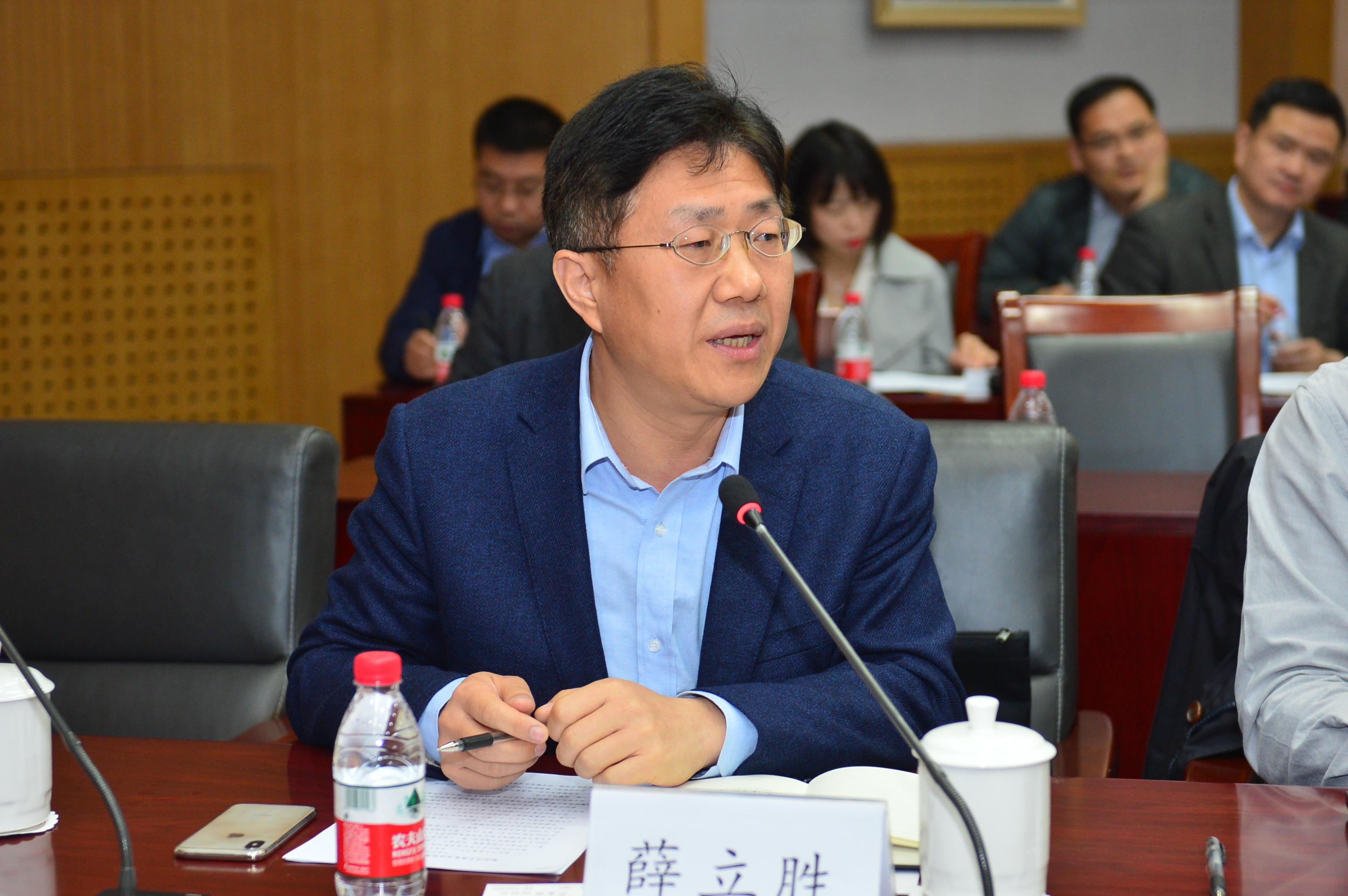
According to Xue Lisheng, deputy chief editor of China Internet Information Center, types of media today have undergone earth-shaking changes. China’s think tanks in the new era should highlight the strategic nature of think tanks, keep a foothold in the current world, and centered on a real issue such as building a community with shared future for mankind provide Chinese schemes. It's crucial to emphasize contemporaneity of think tanks and conduct research on China's development and world hot topics. We need to improve the ability to set issues and guide public opinion by means of professional and systematic research; and it’s imperative to establish communication mechanism with international high-end think tanks.
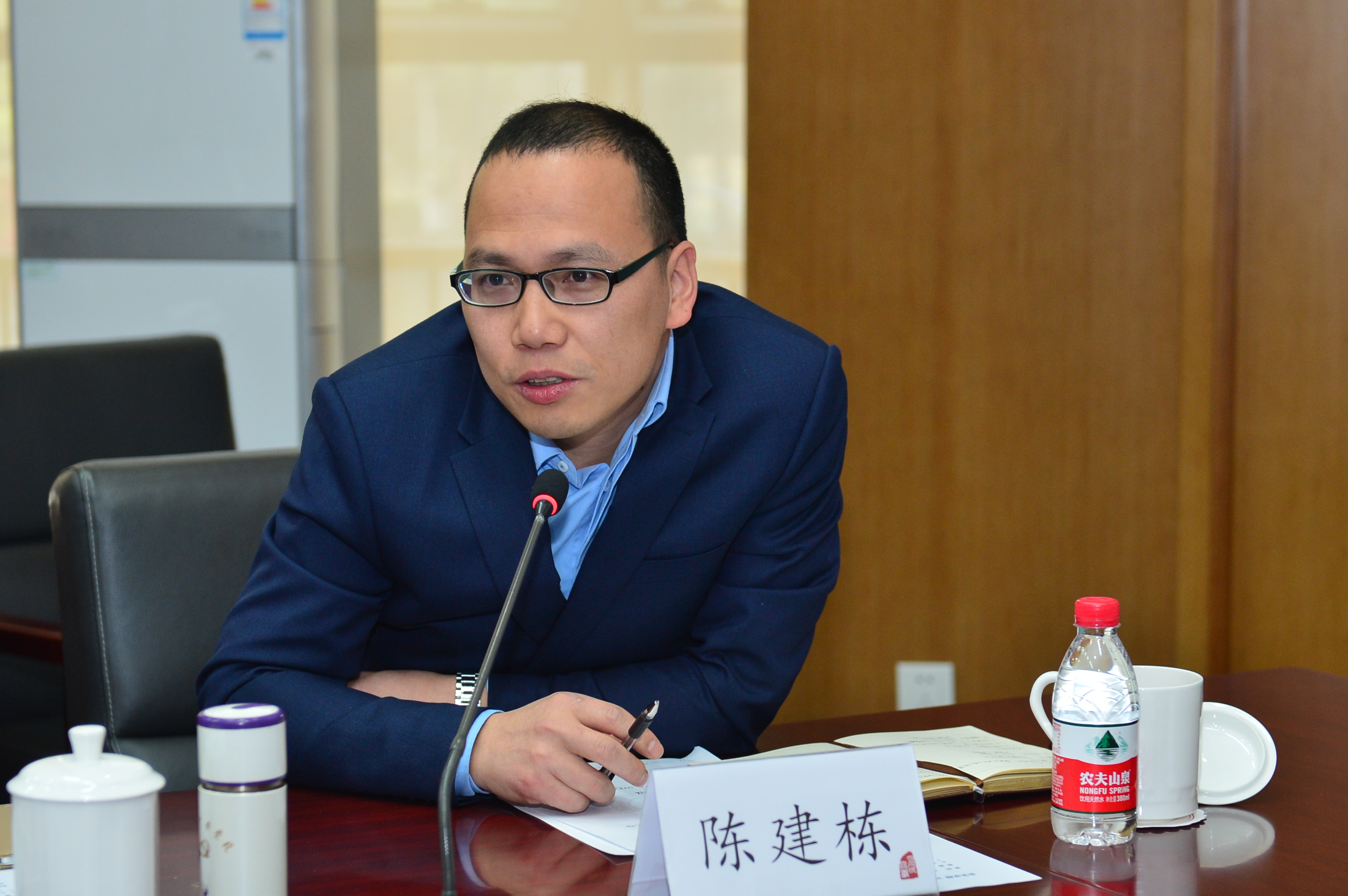
Chen Jiandong, vice president of Guangming Online noted that profound changes have taken place in the domestic public opinion environment in recent years. First, the mainstream media and authoritative organizations have increased their capability to set topics and guide public opinion; second, the Internet-based public opinion has presented significantly mounting positive interest for an evaluation on the Chinese path, the Chinese system, and China's growth model, which have posed challenges on how to explain the Chinese path in a better and more accurate manner; and third, there are increasingly high requirements for rational and logic theoretical communication. These changes have raised new challenges and requirements for public opinion dissemination and building think tanks.
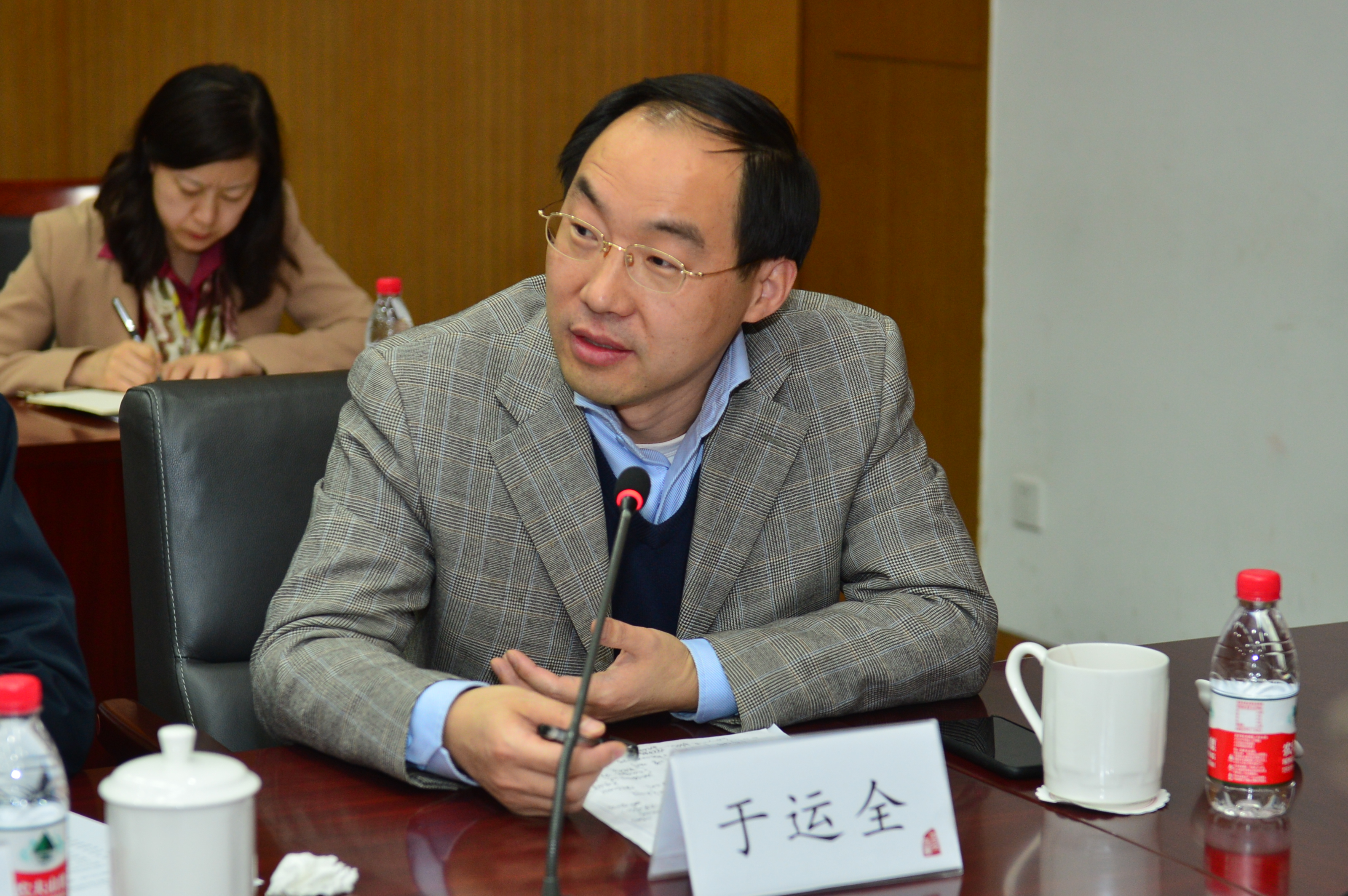
Yu Yunquan, deputy director of Institute of Contemporary Chinese and World Studies of China International Publishing Group, maintains that the development of think tanks is indispensable to high-quality ideological products and effective means of transmission. Chinese think tanks need to further form a good ecology in terms of international communication. The voicing for research findings of China's think tanks in the international public opinion field is yet to be strengthened. How to demonstrate China's strength and voice for China in the international public opinion field is a problem faced by the national high-end think tank represented by NADS.
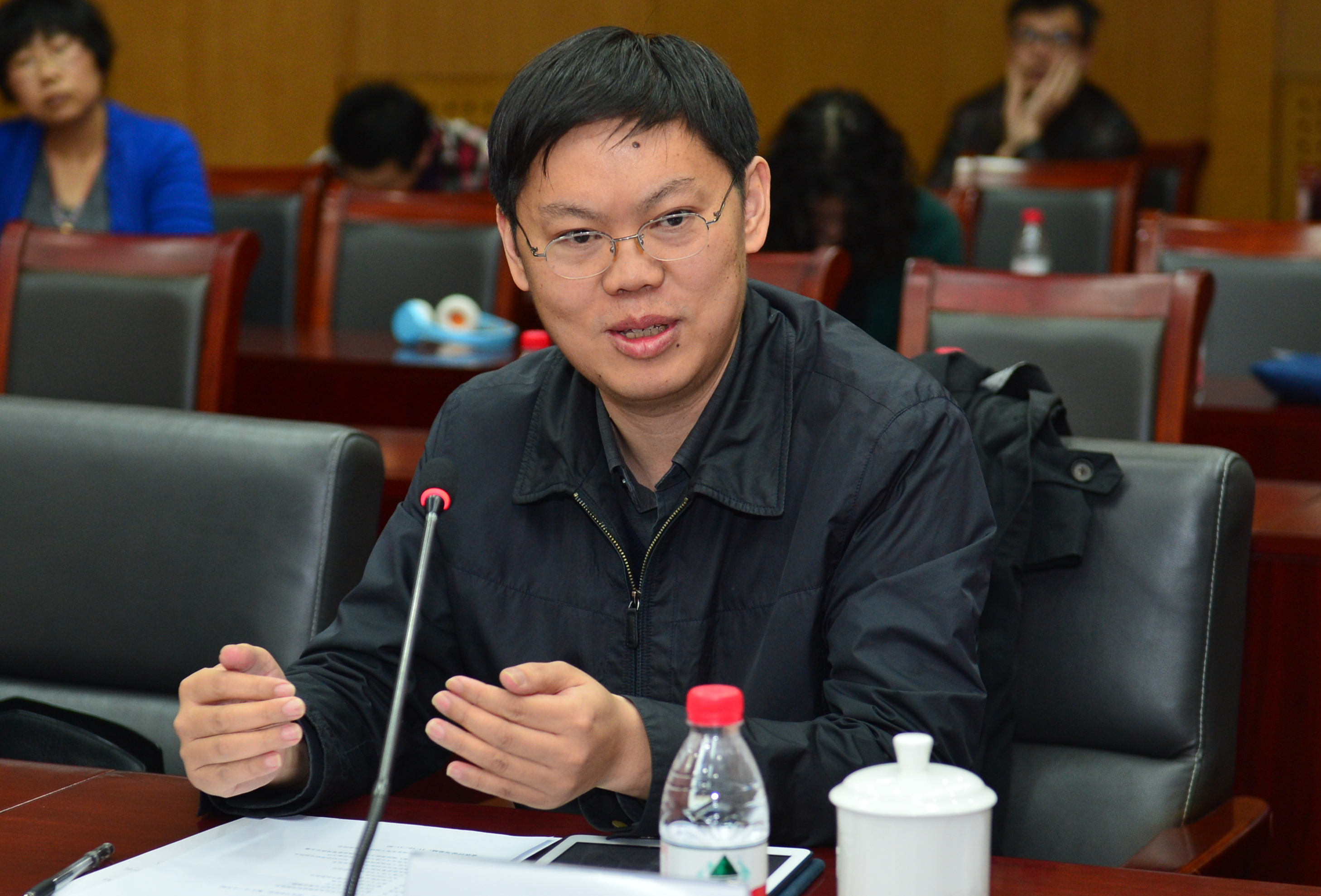
Zhu Qiwen, deputy director of International Department of China Daily and executive chief editor of China Watch think-tank, introduced to the guests present the construction of China Watch think-tank and expressed that he would focus on building new platforms of exchanges for high-end readers, policymakers, business leaders, experts and scholars abroad in order to facilitate world public opinion to pay more attention to China and Chinese issues.

Luo Laijun, researcher of NADS, RUC, and dean of Research Institute of Changjiang Economic Belt Development, pointed out that the study of think tanks should place emphasis on objectivity, scientificity, and predictability, and need to highlight the logic and methods of theoretical research while complying with objective facts. Besides, it should be a certain predictability and better lead public opinion, providing intellectual support and reference for leadership decisions.
The seminar was organized by National Academy of Development and Strategy, RUC was and co-hosted by NADS Research Center for Global Public Democracy. NADS, which was formally founded in June 2013, is a new type of characteristic think tank mainly created by RUC by integrating intellectual resources of the School. Since its establishment, it has achieved a series of outcomes in innovative thinking, policy consultation and public enlightenment. In December 2015, it was selected among the first national high-end think tank construction pilot units, and it ranked first in the list of “Top 100 Chinese University Think Tank Institutions” promulgated in early 2018, resulting in good policy influence and social influence. The Seminar on “Development of Think Tanks and Public Opinion Dissemination” is a forum hosted by NADS Media Communication Office. It is also NADS’s key brand activity held once a year when experts from the industry and the academic are invited to provide insights for think tank development and public opinion dissemination so as to form ideological results.